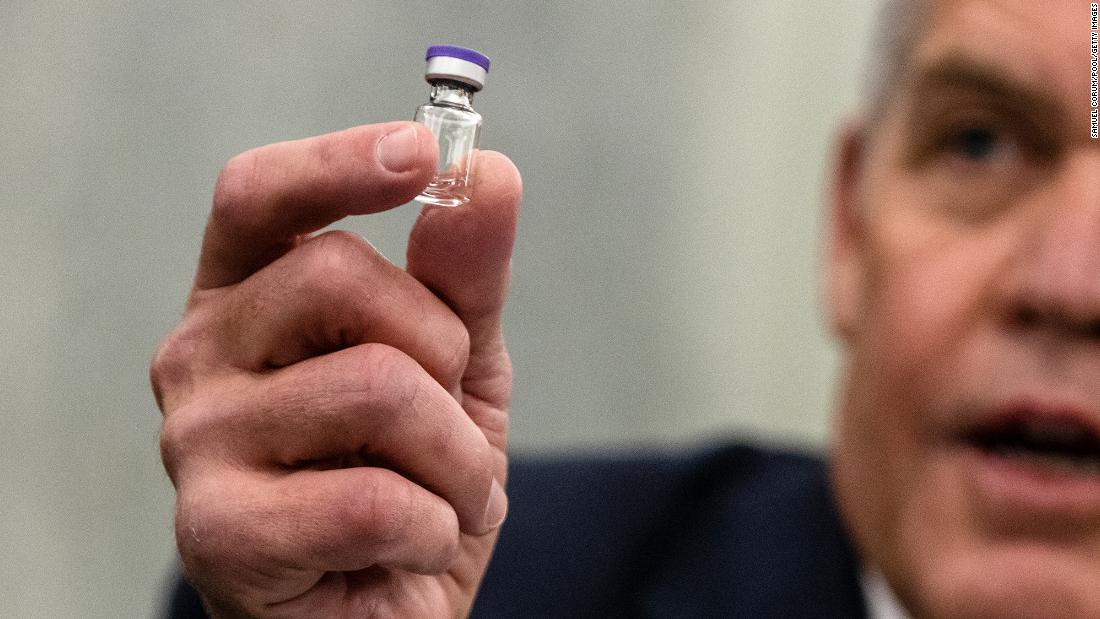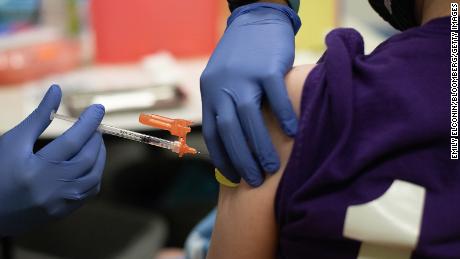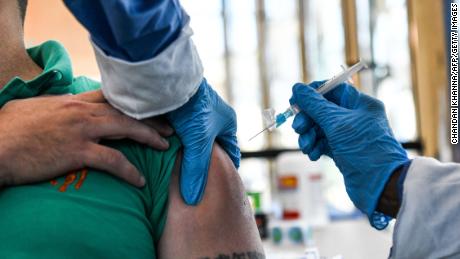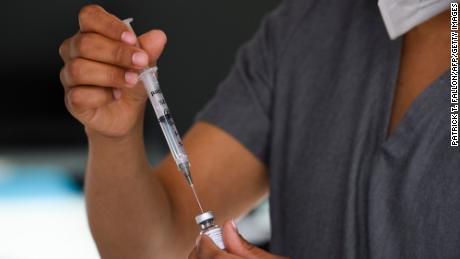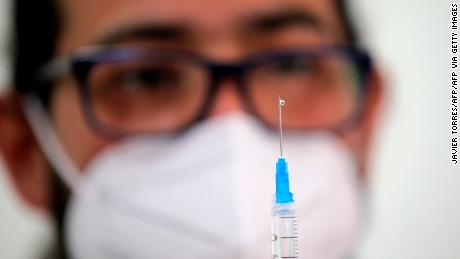FDA approval of the Covid-19 vaccine could mean more people will get vaccinated for an unexpected reason
The ramifications could alter the course of the pandemic in several ways.
First, full approval of a Covid-19 vaccine could persuade more people to get vaccinated.
More than 30% of the eligible population in the United States still hasn’t gotten a vaccine.
To qualify for emergency use authorization, Covid-19 vaccine makers submitted about three months of clinical trial data. This included at least 2 months of safety data on fully vaccinated participants, since most vaccine side effects occur 2-3 months after the vaccination.
For some Americans, that hasn’t been enough data to convince them to get the shot.
Full approval of a Covid-19 vaccine requires much more data, including safety and efficacy data generated in the real-world, outside of a clinical trial. The CDC has been tracking real-world data on the vaccines and more than 165 million people in the US are now vaccinated against the virus.
The extra data may help convince more people that the vaccines are not dangerous.
However, Kaiser cautioned that some people it surveyed were confused about the shots. Two-thirds thought the vaccines already had full approval or they were unsure about it. This finding may just mean that full approval “is a proxy for general safety concerns.”
The FDA is currently “working around the clock” on approval of the Covid-19 vaccine, according to Dr. Paul Offit, a prominent member of the FDA’s vaccine advisory committee and director of the Vaccine Education Center at the Children’s Hospital of Philadelphia.
And yet he recognized that, at least for some, it does matter. He said the FDA knows that, too.
“I think they realize that at least there’s a psychological issue with how these vaccines are viewed, in terms of whether they’re a licensed product or just approved through EUA,” Offit said.
‘Carrots’ and ‘sticks’ will encourage vaccination
Full approval of a Covid-19 vaccine could also make workplace mandates easier. Many unvaccinated people would face a financial reason to get one; they’ll need it to keep their jobs.
“FDA approval alone is not going to make many individuals run out and get it now, but you’re going to start seeing health systems and employers feel more emboldened to require them,” Wolf said. “There’s precedent for mandatory vaccinations and immunizations.”
“If you ever want to get beyond 70% threshold of people who have gotten a vaccination so far, you need to have carrots and you have to have sticks,” Nisbet said. “The only way to do that is the mandate. Authorization takes out one of the impediments to more widespread mandates.”
A little political cover
Full approval may even be able to override laws like the one in Ohio that bans vaccine mandates under emergency use authorization, according to Nisbet.
“Approval kicks that out of the way,” he said.
A potential booster bonus?
Full approval may also mean that the fully vaccinated could get an additional vaccine, even before boosters are approved.
“Approval will make it easier for physicians to give the vaccine off label,” Dowdy explained. “If people can convince their doctor they need one.”
Many scientists hope people won’t do that. While a number of clinical trials are underway, boosters are not yet recommended by the FDA and the CDC.
Trials have shown immunocompromised people may not respond as well to the vaccines and may need a booster. There is an effort to make boosters for that population available “very soon,” Dr. Anthony Fauci, head of the National Institutes for Allergies and Infectious Diseases, said on Tuesday.
What does approval mean for kids?
It remains unclear how having a fully licensed coronavirus vaccine may impact the timeline of authorizing or approving the coronavirus vaccines for children younger than 12 — if at all, Offit said.
The Pfizer/BioNTech Covid-29 vaccine is currently authorized for ages 12 and older, whereas the Moderna and Johnson & Johnson vaccines are authorized only for adults 18 and older.
“Does getting full approval for an adult vaccine, does that matter in terms of speeding up the process for approval for the childhood vaccines? I think the answer to that question is probably no,” Offit told CNN on Friday.
CNN’s Jacqueline Howard contributed to this report.
![]()


